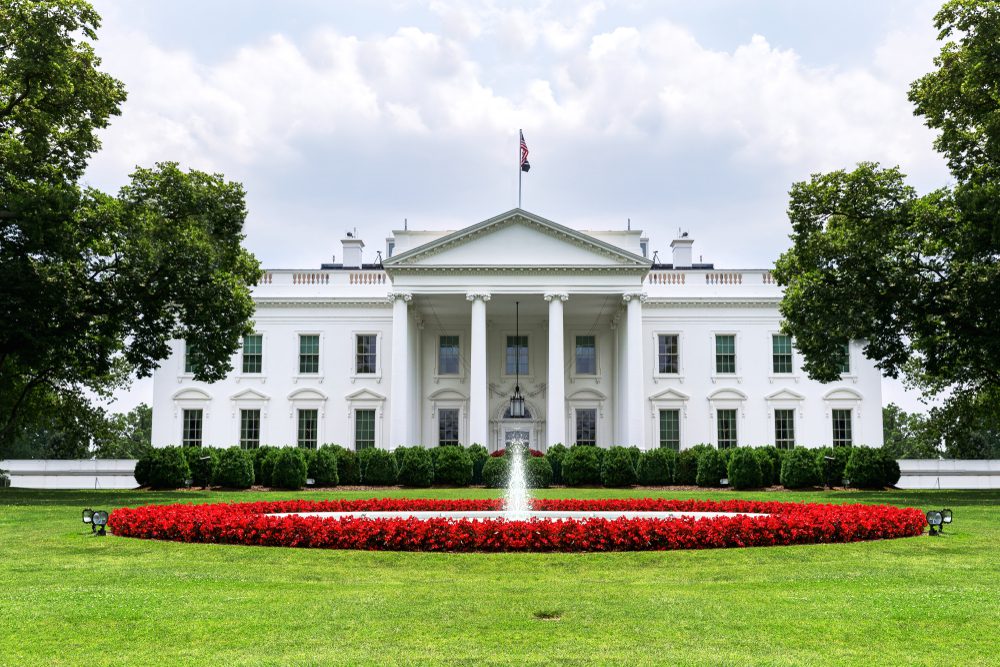On February 28th, 2024, the first-ever White House Rare Disease Forum took place. Hosted by the White House Office of Science and Technology Policy, this forum provided a platform for the rare disease community at the highest levels of the federal government and suggested that the Biden administration has taken a greater interest in supporting the rare disease community, which is believed to include as many as 30 million US citizens.
Patient Worthy sat down with Charlene Son Rigby, who was a panelist at the event, to learn more. In her position as President of the STXBP1 Disorders Foundation, CEO of Global Genes, and as a mother to a child living with STXBP1, Charlene has a wealth of experience and knowledge in the world of rare diseases.
Her daughter was diagnosed with STXBP1 at age three:
“When she started missing milestones, I started getting concerned. We went through a large number of tests…we pushed very hard for whole exome sequencing.”
Whole exome sequencing was the key for recognizing the STXBP1 genetic mutation affecting her daughter. It took three years for the family to get access to whole exome sequencing and receive the correct diagnosis. Charlene would ultimately play a critical role in establishing the STXBP1 Disorders Foundation along with a group of other concerned parents.
Charlene was invited to represent the foundation as a panelist at the White House Rare Disease Forum:
“It was very exciting. As you know, this was the first ever White House Rare Disease Forum, and what was even more exciting to me was that when they announced it, they called it the 2024 forum. So while there’s no promises that it will happen again in a future year, I feel that the visibility that rare disease is experiencing at the highest levels of government is very exciting for the community overall.”
A series of speakers were featured as part of the forum, as well as subject panels. Some of the topics included the challenges faced by rare disease caregivers,the impacts of a debilitating diagnosis on a family, and research progress in rare diseases. Another subject was the impact of advocacy:
“Rare disease advocates are driving so much research. There aren’t any mechanisms for grants or research money to be funneled to these organizations because of the way our research systems are set up. “
Traditional research funding organizations like the National Institutes of Health are set up to fund traditional researchers in academic institutions, leaving those types of funds outside of the reach of advocacy organizations. Advocate are left with more traditional community fundraising like crowd sourcing and bake sales, which is very time consuming and often has significant financial limitations.
Meanwhile, the STXBP1 Foundation has been working on getting its community prepared for clinical trials. Part of this process has been initiating studies of natural history for the disorder, a critical step for therapy development and the identification of treatment targets.
“Our goal is to create very high-quality data to understand our patients and what they look like from a longitudinal development standpoint and a disease progression standpoint. This will support and hopefully accelerate development of urgently needed effective therapies for our community.”
You can learn more about the White House Rare Disease forum here.
To learn more about the STXBP1 Disorders Foundation, click here.




